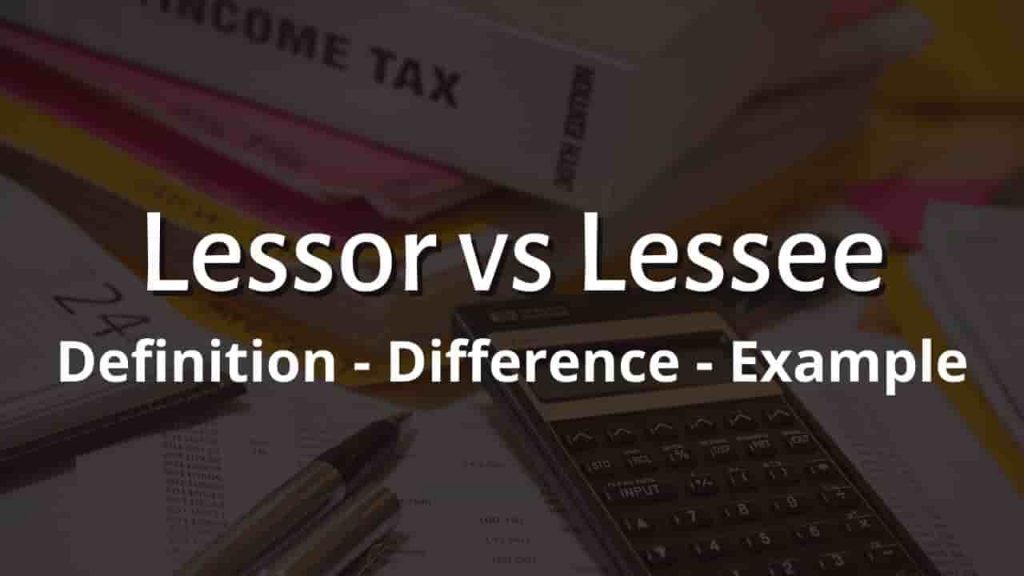What is Deferred Revenue
When a corporation gets money for goods and/or services that have not yet been delivered or completed, it generates deferred revenue (also known as unearned revenue). Revenue is only recorded in accrual accounting when it is earned.
When a consumer pays in advance for products or services, the firm does not report revenue on its income statement and instead registers a liability on its balance sheet.
Example of Deferred Revenue with SaaS
Assume your organization offers anti-malware software to a growing user base through subscription. Here’s how you should go about recognizing revenue:
- You provide a one-year contract with monthly installments of $12.99.
- Upon subscription, your consumer pays an advance payment for the first year. This money is deferred until they have used your service for a full year.
- You recognize 1/12 of this delayed income at the end of each month since you have fulfilled your agreement to provide that proportion of your service.
Is Deferred Revenue a Liability
Revenue is only recorded as earned when money is received from a buyer and the goods or services are provided to the customer when a firm utilizes the accrual accounting system.
Deferred income is accumulated by a corporation because a buyer or customer paid in advance for an item or service that will be provided at a later date.
The payment is regarded as a liability since there is still the risk that the product or service will not be provided or that the customer will cancel the transaction.
When a company delivered the product or services, the deferred revenue account is become debited and the resulting cash is credited to the revenue or sales account. In other words, the income or sale is ultimately acknowledged, and the money gained is no longer considered a liability.
Deferred Revenue Journal Entry
Here’s an example of a $1,000 payment for services that have yet to be rendered: The Cash (Asset account) and Unearned Revenue (Liability account) increase in this transaction. So Journal Entry for deferred revenue is:
| Date | Particular | L/F | Debit | Credit |
| Cash | $1000 | |||
| Unearned Revenue | $1000 | |||
| To record received advance payment from a customer for services. |
Once the services have been rendered, the income may be recorded using the following entry: This transaction reduces the liabilities account while generating income.
| Date | Particular | L/F | Debit | Credit |
| Unearned revenue | $1000 | |||
| Revenue or Sales | $1000 | |||
| To record revenue or sales |
Deferred Revenue on Balance Sheet
When a corporation gets an advance payment, it records deferred revenue as a liability on its balance sheet. This is because it has made a promise to the consumer in the form of products or services owing.
The payment is seen as a liability by the company since there is still the possibility that the goods or service will not be delivered or that the client will cancel the purchase.
Unless alternate payment conditions were specifically indicated in a written contract, the corporation would have to repay the consumer in either situation.
Deferred Revenue on Income Statement
When a company delivered the product or services, the deferred revenue account is become debited and the resulting cash is credited to the revenue or sales account.
In other words, the income or sale is ultimately acknowledged the income statement, and the money gained is no longer considered a liability.
Why Do Companies Record Deferred Revenue?
The basic explanation is that they are required to do so according to revenue recognition accounting standards. The deferred revenue account is used in accordance with GAAP requirements for accounting conservatism.
In accrual accounting, they are classified liabilities, or a reverse prepaid expense, because the corporation owes either the cash paid or the goods/services purchased.
Customers’ payment timing might be erratic and unpredictable, thus it makes sense to disregard cash payment time and record revenue when it is earned.
Deferred revenue Tax Treatment
In the tax and accounting world, deferred revenue refers to payments received from consumers before they are actually earned, implying that the prepaid products and services have yet to be provided.
Deferred revenue is meaningless for firms that pay taxes on a cash basis since income is always recorded in the year it is received. Accrual basis taxpayers, on the other hand, can postpone paying tax on the revenue until a future tax year.
Can you record Deferred Revenue before Receiving Cash?
Accrued income is money that a corporation recognizes and records in its journal entries after it has been earned but before it has been paid in cash.
There are situations when a corporation will report sales income even though they have not received cash from the consumer for the service or items supplied.
For Example, Customers may purchase items or pay for services on account. Customers make purchases “on account,” which indicates they do it on credit.
In such cases, businesses understand that they are selling items or providing service even though they have not been paid. This deferred money is referred to as accrued revenue (income).
Some Frequently Asked Question (FAQ’s) about Deferred Revenue
Is deferred revenue a debit or credit?
Deferred revenue is recorded as a liability When you get an advance payment from a customer, you will raise your deferred revenue account which means deferred revenue will be credited in your book of accounts. Your deferred revenue account will drop means debit as you supply goods or services.
Deferred revenue is liability or asset?
When a corporation gets an advance payment, it records deferred revenue as a liability on its balance sheet. This is because the company has made a promise to the consumer in the form of products or services owing.
Is deferred revenue debt?
Payment paid for items or services to be provided in the future is referred to as deferred revenue. Note, if the payment term is shorter than 12 months, deferred revenue is recorded as a current liability, however, if it is more than 12 months, it is classified as a long-term liability (debt).
What is the difference between deferred revenue and accounts receivable?
Payments collected in advance of services or commodities that have not yet been delivered are referred to as deferred revenue. In the balance sheet, it is classified as a liability.
Accounts Receivable refers to money that has been earned but has not yet been received. Until payment is made, accounts receivable are recorded as an asset on the balance sheet. It refers to current assets or sales that have yet to be collected.
For more click here and if you are looking for full forms of different acronyms and words then check out this list you really gonna find this helpful. We also have an Essay on every topic, Check the complete list here. If you are Studying in Matric Free Video Lectures of Maths, Physics and English are here, and we have got you covered for I.COM Business Maths also.







